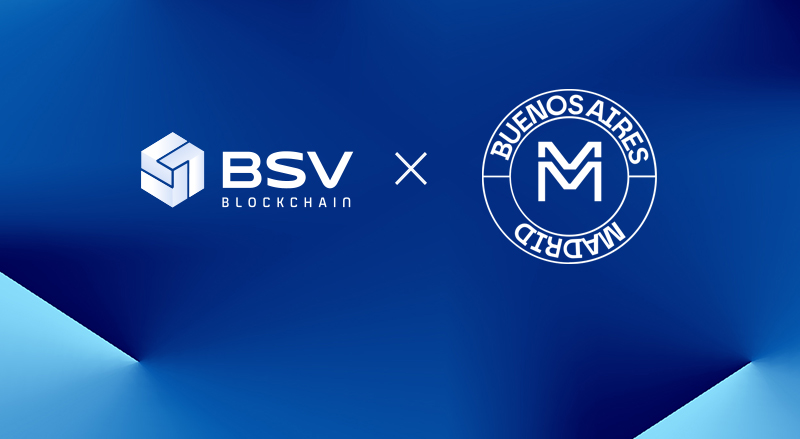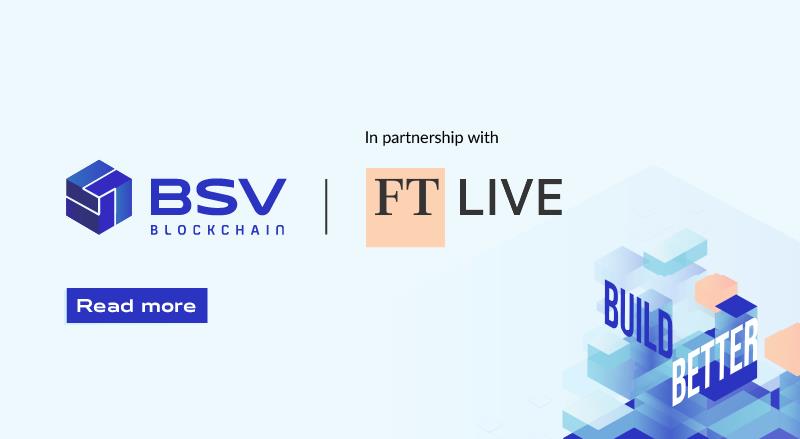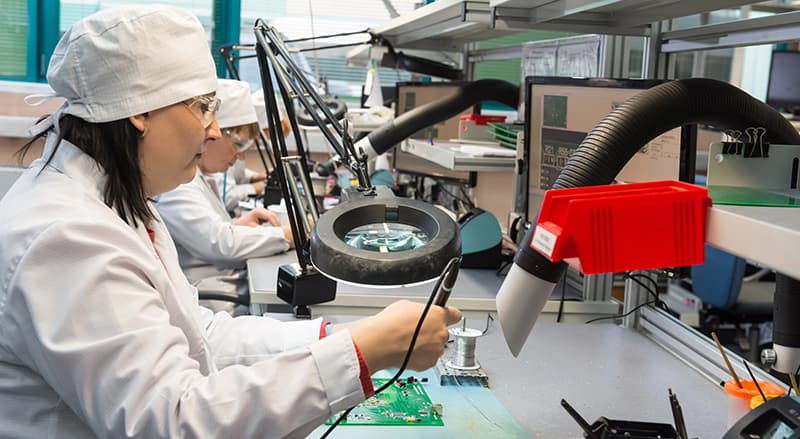BSV Blockchain recently attended the Aerospike Summit 2024 in Paris where it shared insights on Teranode, data ownership and the future of blockchain.
The conference was aimed at database innovators, technologists, developers, engineers and architects who are looking to enhance their knowledge and skills in real-time data processing and building a sustainable future through real-time data.
One of the keynote presentations was given by Martin Coxall (Director of Growth for BSV Blockchain) where he discussed how it is possible to reach one trillion transactions on the BSV blockchain in a week.
Opening a new window on trust
Coxall began his presentation by discussing the current state of blockchain and the ‘need for trust’. He pointed to the fact that blockchain has largely not shown its true value up until now and that a staggering 75% of UK consumers don’t know what it is or remain suspicious of it. ‘Governments and the wider entrepreneurial community are still not seeing it as a societal enabler but as a specialist or sector-specific one,’ he said.
He added that Web2, the current version of the Internet, is dominated by companies that offer services in exchange for personal data. ‘A few giant corporations dominate the web, controlling the data, content, and algorithms that shape our online experience,’ he said. By comparison, Web3 offers decentralised applications running on the blockchain, where users can participate without compromising their privacy and ownership of data.
‘Blockchain technology opens a window on trust. Blockchain is about to enter a new era of relevance, ubiquity, and prominence as governments, CEOs, media organisations, and consumers globally, demand more secure, transparent, trustworthy, and trackable ways to ensure privacy, security, and protected data on one hand, and independently verifiable processes to track, monitor, verify and assess the origins of data in the public and private realms in ways that protect truth.’
Blockchain for enterprises
By 2030 it’s expected that some 125 billion digital devices will be connected around the world, sending and receiving data via the Internet and other wireless routers. How can we ensure that these transactions are secure and that the information exchanged retains its integrity?
Although often associated with crypto assets, Coxall noted that blockchain offers a multitude of uses and benefits whose value to enterprises extends far beyond that of financial tokens. These benefits include:
- The ability to manage verifiable digital identities of people, businesses, or devices;
- Secure exchange;
- Integrity.
‘Blockchain provides solutions to real-world challenges that will revolutionise their industries and lives,’ he said. ‘Just as there can only be one internet, there can only be one blockchain. The BSV blockchain is the only protocol that ensures control, provenance, and accuracy of all the world’s data.’ With other blockchains prioritising decentralisation and security, this poses scalability challenges. ‘BSV sacrifices nothing – especially scale,’ said Coxall.
Teranode is the answer
Dealing with these vast amounts of data leads back to the original question – how to reach one trillion transactions on the BSV blockchain in a week? The answer is Teranode, explained Coxall.
In January, the BSV Blockchain R&D team announced groundbreaking features for Teranode that will significantly boost network efficiency and speed, pushing BSV’s capabilities to one million transactions per second in the not-too-distant future. Such technological leaps will enable mass transactions on blockchain-based infrastructure, supporting data processing on an unprecedented scale, at a fraction of traditional costs, while laying the foundation for a more secure financial ecosystem.
Teranode was recently extended and sustained testing on a Proof of Concept implementation began at the end of February, with a full node release later in 2024. This is a ground-up rewrite of the BSV blockchain architecture, designed to scale horizontally and provide new microservices for developers, applications, and users.
Impressive test results
Over a two week period at the end of May, the team ran a collection of six Teranode nodes, each composed of microservices orchestrated by Kubernetes, across globally distributed regions including Ireland, Central Canada, Seoul, North Virginia, Oregon, and Mumbai.
This extensive setup sustained an impressive average throughput exceeding 1 million transactions per second (TPS) throughout the testing period. The scale of this operation, utilising over 500 machines of various instance types, demonstrates our commitment to pushing the boundaries of blockchain technology.
You can find the full Teranode dashboard here.
As part of this process, protocol custodian BSV Blockchain revealed a more service-oriented approach to the network’s work. The new features include ‘modularised’ functions such as transaction and block validation, plus block assembly into services that run only when required. Teranode upgrade is critical for the BSV blockchain’s unbounded scaling potential and will deliver faster, more secure and cheaper transactions for all.
‘Teranode supports one million transactions per second – more than ten times the maximum theoretical transaction rate of Visa and MasterCard networks,’ said Coxall. ‘This presents a clear economic advantage, particularly for high-volume businesses aiming to enhance efficiency and cut operational expenses.’






